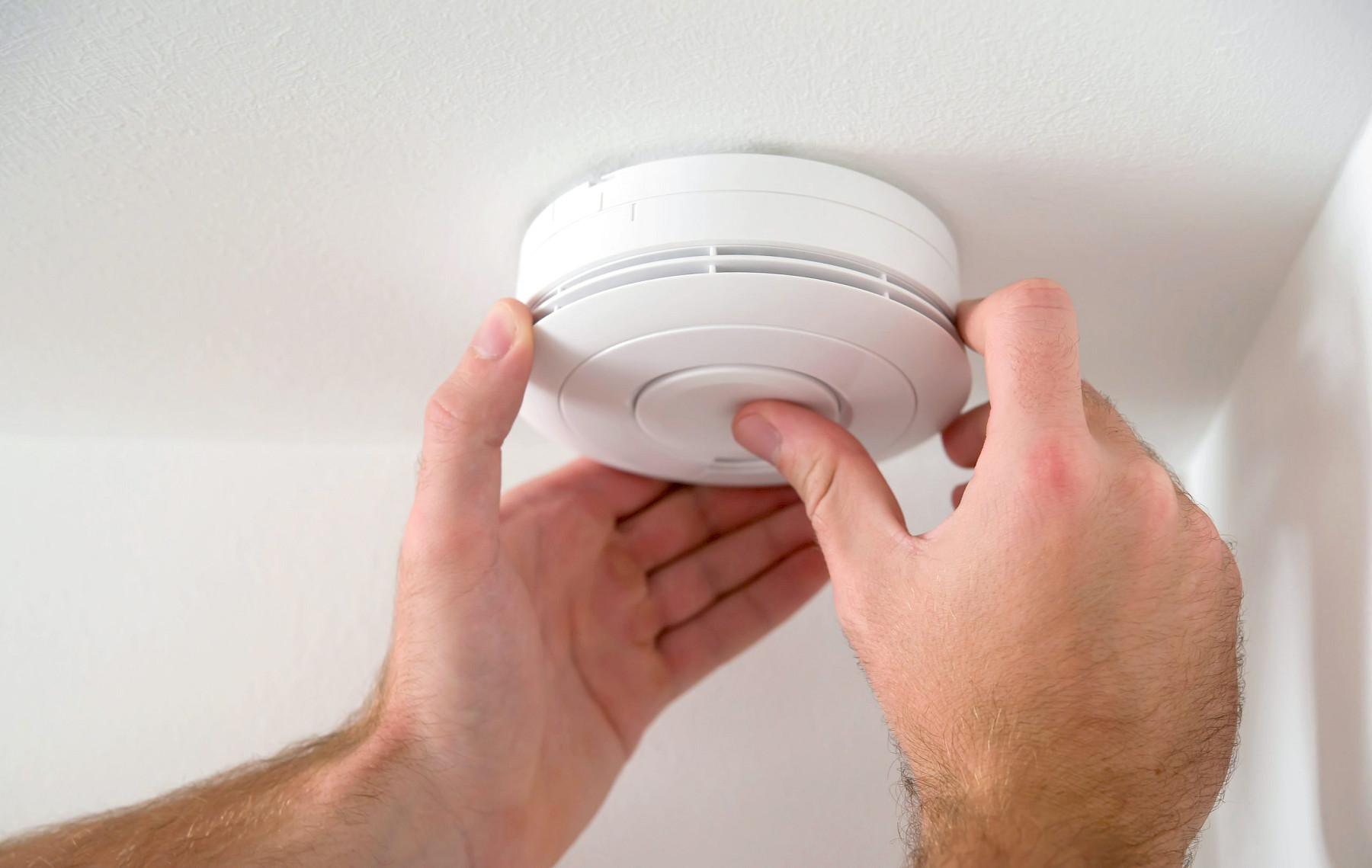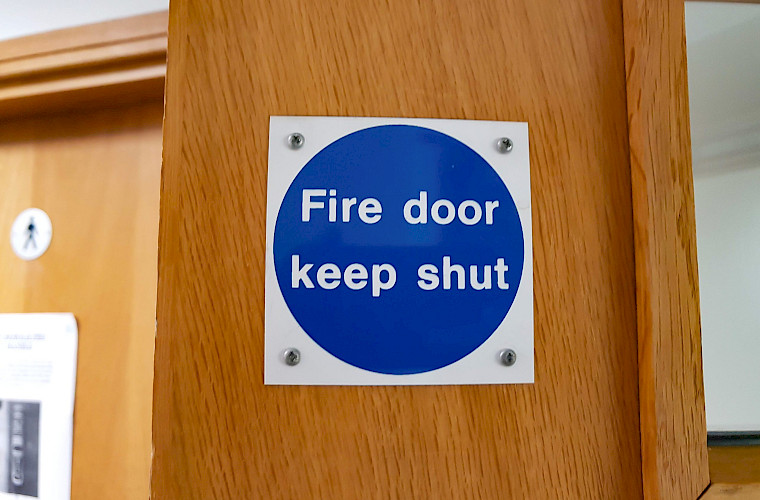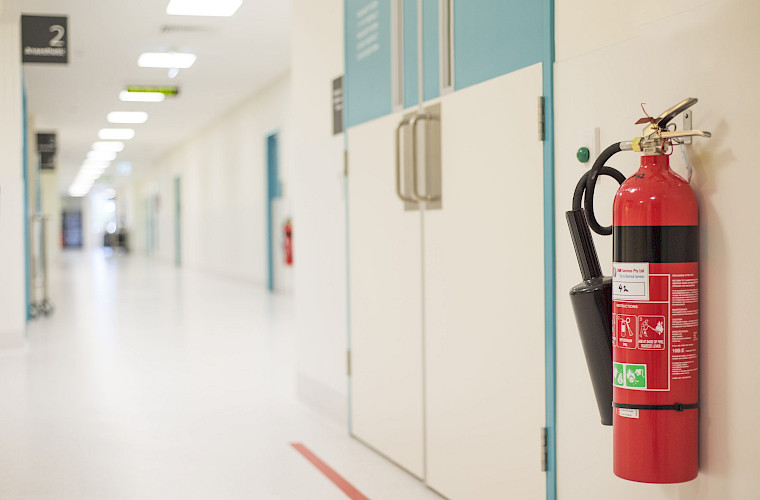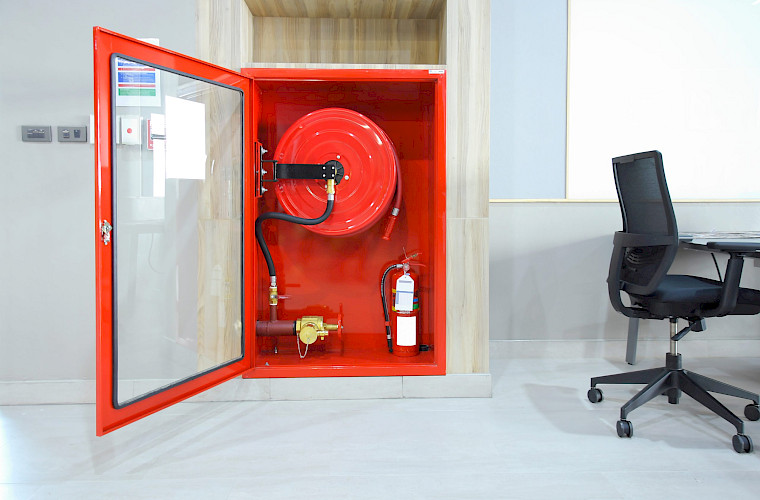Fire Alarms: are they mandatory in the workplace?
5 July 2022
In the UK, fire alarms should be present in line with the Regulatory Reform (Fire Safety) Order (2005).
Within this legislation, specific rules apply to businesses for the purpose of everyone’s safety. This reform highlights that the business premises must be equipped with appropriate fire-fighting equipment as well as fire alarms.Therefore, while this legislation doesn’t state the number of smoke alarms the premises needs, nor does it explicitly state that you need a fire alarm. It does however make them all but mandatory for the purpose of safety. With fire alarms being such a crucial piece of fire safety equipment, let’s discuss the types of fire alarms available, why they’re important and which could be most appropriate for your business.
Why are fire alarms important in a business?
In addition to being a legal requirement, fire alarms should also be a moral requirement in your business to safeguard lives. Installing and maintaining smoke alarms really can be the difference between life and death. Also, this important piece of equipment can prevent loss of business and financial devastation. Early detection allows damage to be limited so business can continue as normally as possible.
What are the different types of smoke alarms?
In the UK there is a British Standard that categorises different fire alarms. This helps your business chose the most suitable device for your premises. There are 3 main types of fire alarms: conventional, addressable, and wireless.
- Conventional Fire Alarm: most suitable for lower risk environments, this fire alarm divides your premises into zones and can identify which zone the fire has started in.
- Addressable Fire Alarm: most suitable for higher risk environments such as schools, this system can alert you to the exact ‘electronic address’ of the problem area.
- Wireless Fire Alarm: also suitable for high-risk environments, but typically used in older buildings such as churches, this system is like the addressable fire alarm, however it uses wireless links instead of wires.
Fire safety doesn’t stop at just fire alarms.
If a fire alarm sounds it is important your employees have a practiced evacuation plan. Included in this should be the acknowledgment of manual break-glass points. This allows alarms to be raised as soon as anyone notices a fire. Because of this, it is more likely your team will be able to evacuate safely.Follow this, there should be a clear and practiced evacuation route. This means everyone in the building (including guests and visitors) should be aware of all exit routes and those most appropriate for anyone with mobility issues.Once outside, there should be a marked fire assembly point for employees to gather at after evacuating. The fire assembly point should be a safe distance from the building. It should also be in an open space so everyone can be identified.
Whose responsibility is fire safety training?
Some businesses dedicate time to fire safety annually to ensure everyone is up to date. Other’s simply give fire safety training to new members of staff. Either way it is your responsibility as a business owner that all employees and visitors are aware of all fire safety procedures.
Previous Post »
Fire extinguishers: how to correctly use them




